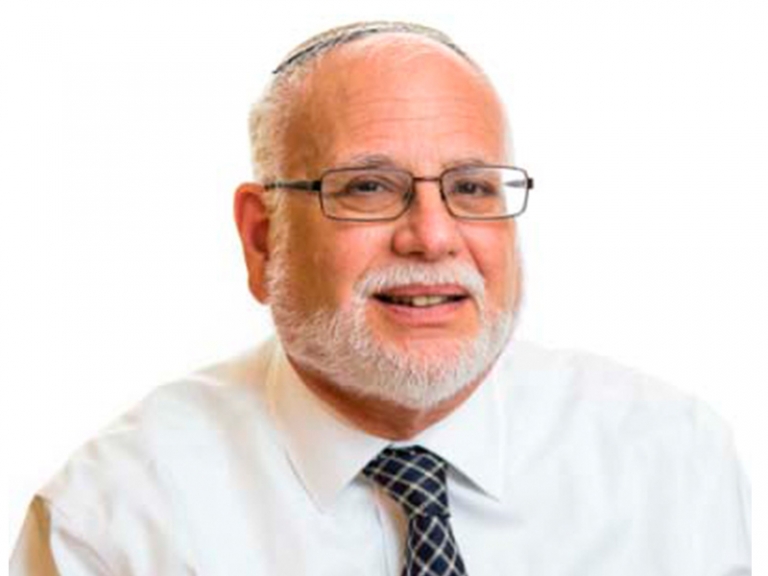D'var Torah by Dr. Kalman Stein, Head of School

Dear Hebrew Academy Community:
Why did Avraham Avinu decide to send Eliezer back to the Old Country to choose a wife for Yitzchak? Yes, we know that Avraham adamantly refused to allow his son to marry a Canaanite woman. But there were many other tribes and nations in the area around Canaan amongst whom he could have found a suitable woman. Why send Eliezer back to the family whom God had commanded him to leave decades earlier?
Rav Soloveitchik reminds us that Avraham was a human being. He had come to recognize God on his own but he, nevertheless, recognized that his capabilities were inherited from his parents. Avraham concluded that if God had chosen to have the patriarch of His nation descend from the family of Nachor, Avraham’s grandfather, there must be something good and valuable in that family’s genetic code.
What key virtue did this family possess which made them worthy of joining the covenantal community? Not surprisingly, the answer is Chessed, kindness as expressed in Hakhnasat Orkhim, hospitality, a Mitzvah with which Avraham distinguished himself. Hakhnasat Orkhim embodies not only kindness but patience. Other acts of Chessed and Tzedakah demonstrate a good, sympathetic soul. Hospitality also entails patience and perseverance. This is also a central aspect of the thirteen attributes of mercy which Hashem proclaimed to Moshe: God is Erekh Appayim—He waits for the sinner.
But hospitality can have one of two different sources. For some it is simply a matter of civility and courtesy; it conveys the impression of being charitable and good but it really is merely a form of proper etiquette. Perseverance and kindness in the act of hospitality, however, are to be found only in a kind person, not one who is just polite. When Eliezer encountered Rivka he needed to discover if she was the truly kind person whom his master Avraham was seeking. He understood that a merely courteous person would have limits: There is just so much he/she would do; he/she would recoil from one who was vulgar or coarse or who crossed boundaries.
So Eliezer asked Rivka to water the camels, something that women did not do in that culture. He was surrounded by his own servants whom he could have directed to take the pitcher to the well, bring up the water, and water the animals but instead he asked a young woman to do it for him. He did not ask Rivka to hand him the pitcher so that he could drink; he said, “Let me sip a little water from your pitcher,” in other words, “Go fetch water and pour it into my mouth. I intend to do nothing to help myself.” Eliezer was testing Rivka’s patience and she earned an A+. She wasn’t insulted. She ignored Eliezer’s bluntness and discourtesy. She showed that she emulated God’s attribute of Erekh Appayim which made her the appropriate wife for Yitzchak, a woman who needed no instruction on how to practice Avraham’s moral code and way of life.
How many times have we heard a parent or teacher tell a child, “I have no patience for this?” How many times have I stupidly said to a student, “It’s time for you to grow up,” as if the youngster had some button he/she could push to suddenly reach a higher level of maturity? How often have I had to tell a parent, “He/she will grow up when he/she wants, not when we want?” How often do children have the sense that if the adults in their lives just gave them a little more time, gave them a little more advice and encouragement, they could accomplish so much more. God shows patience for sinners. Rivka demonstrated how one can show patience even to the uncouth and unworthy. Our children are worthy and their only sin is that they’re still children. Shouldn’t we teachers and parents be working hard to emulate God’s attribute of Erekh Appayim?
Shabbat Shalom,
Dr. Kalman Stein
Head of School

